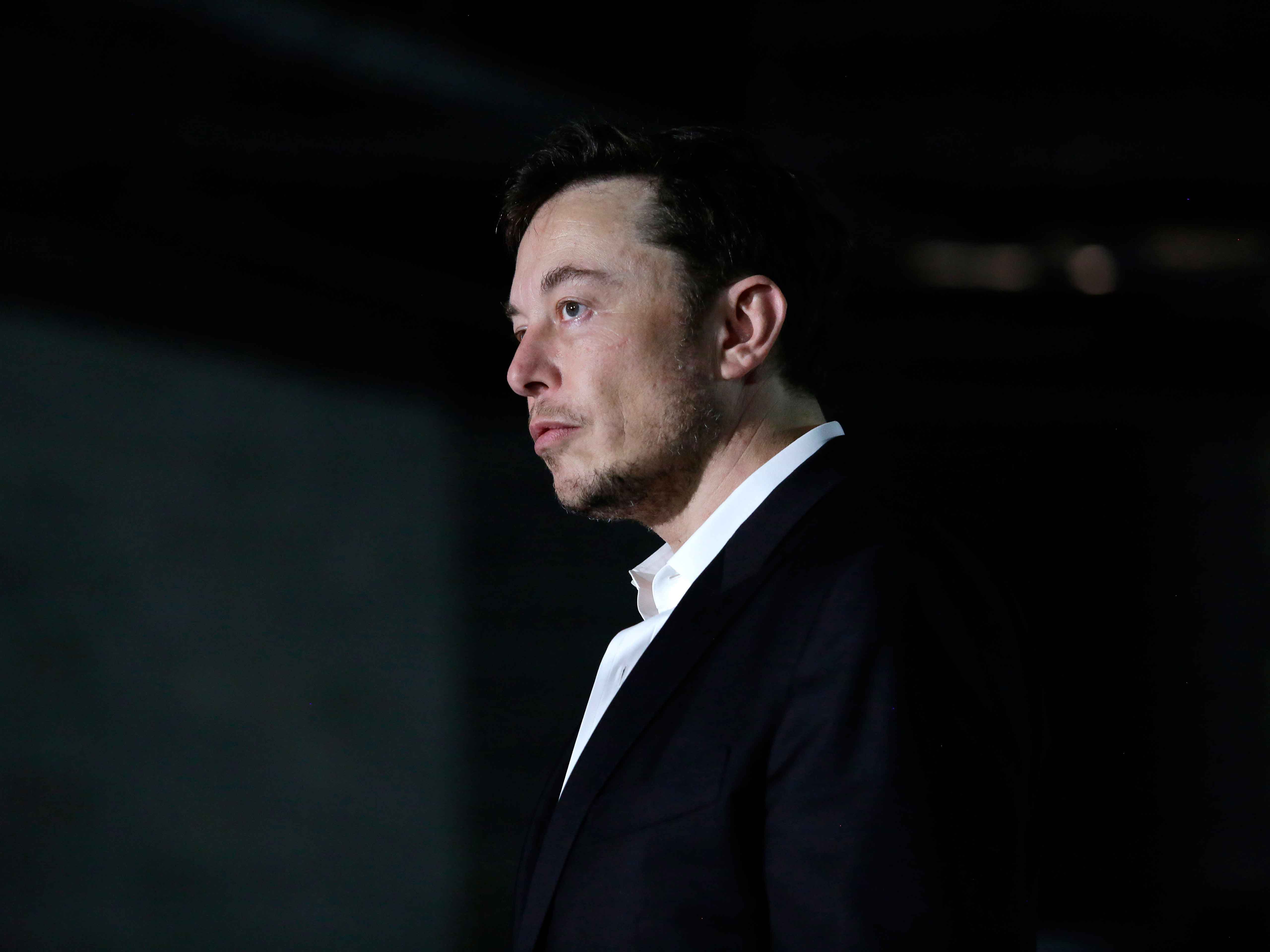Elon Musk unveils chip that will merge human brains with computers
It has been revealed that Musk’s mysterious start-up Neuralink is developing a brain-computer interface

On July 16, 2019, Elon Musk revealed that a brain chip implant that would enable humans to control computers using only their brain is currently being developed by his start-up Neuralink
At a live-streamed event on July 16, SpaceX and Tesla CEO Elon Musk revealed plans for a brain chip implant currently being developed by his start-up Neuralink. The company, which was launched in 2017, has so far raised a total of $158m to build computer-brain interfaces, but this is the first time the firm’s technology has been revealed to the public.
The Neuralink implant would enable humans to control computers using only their brain. Although not the first of its kind, Musk claims that his device has a superior design and a higher data processing capacity than other similar technology. It uses thin, flexible threads that, at four to six micrometres in width, are smaller than a strand of human hair. This means they could move with the brain instead of damaging the tissue in the same way that larger, more rigid implants might.
It’s likely that Neuralink has a long way to go in terms of earning trust and proving its viability before the implant becomes commercially available
The implant would be embedded using a surgical robot that was also debuted during the presentation. This works like a sewing machine by weaving the threads through the brain tissue without breaking any blood vessels.
With the help of brain implants, it’s hoped that paralysed humans could learn to control phones, computers or robotic limbs. The implants could be also be used to treat Parkinson’s disease through deep brain stimulation.
Another reason for developing the technology, according to Musk, is safeguarding humans against the existential threat of artificial intelligence. Rather than humans getting “left behind” by the technology, Musk wants to achieve a “symbiosis” between the two.
The implant has already been successful during animal trials, Musk announced at the event. Neuralink now hopes to begin human trials as early as next year, although the company has not yet received the FDA permission it needs to carry them out.
Musk is notorious for making grand claims about his companies’ technology only to experience setback after setback: both Tesla and SpaceX have received huge amounts of funding, and yet have so far struggled to demonstrate sustainable profitability. It’s likely that Neuralink has a long way to go in terms of earning trust and proving its viability before the implant becomes commercially available.













